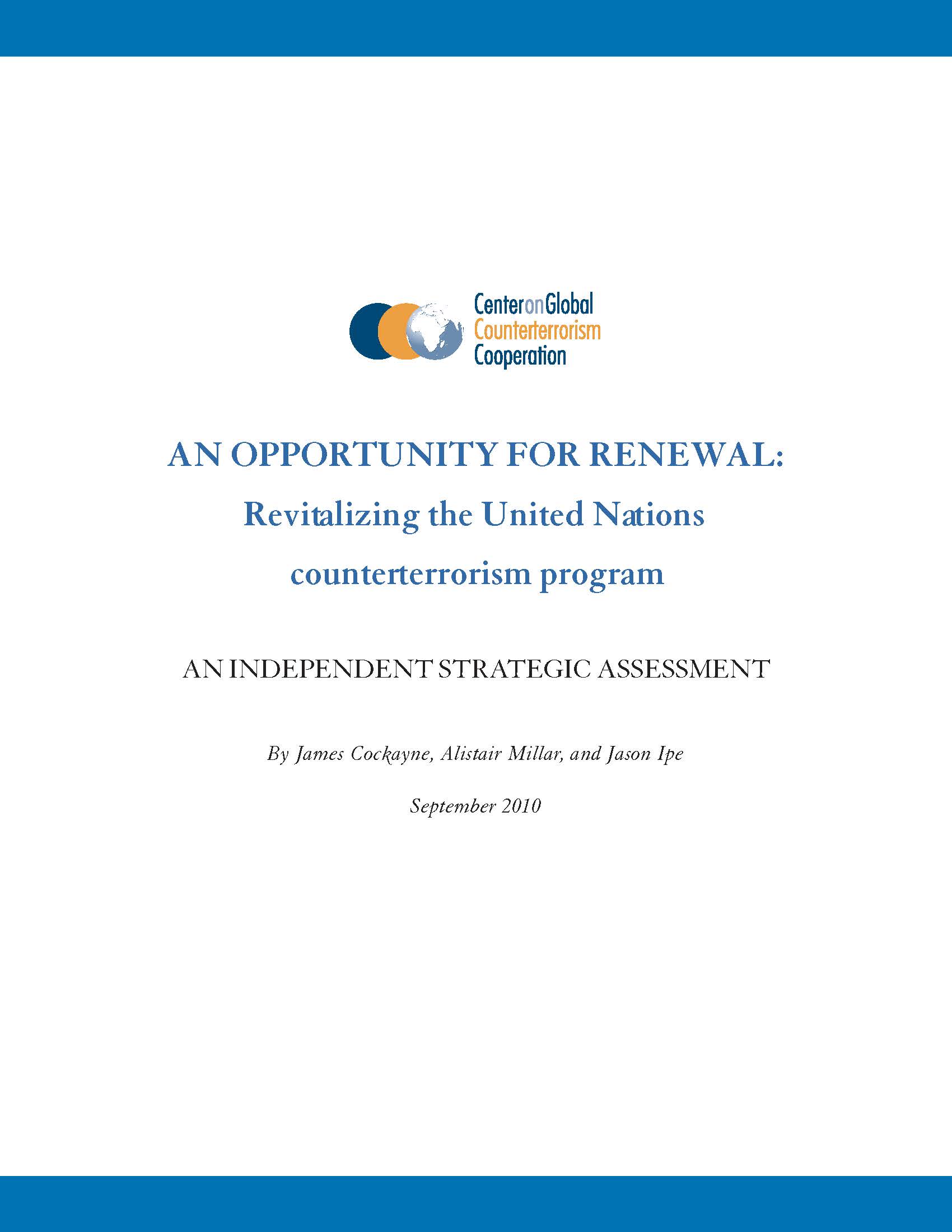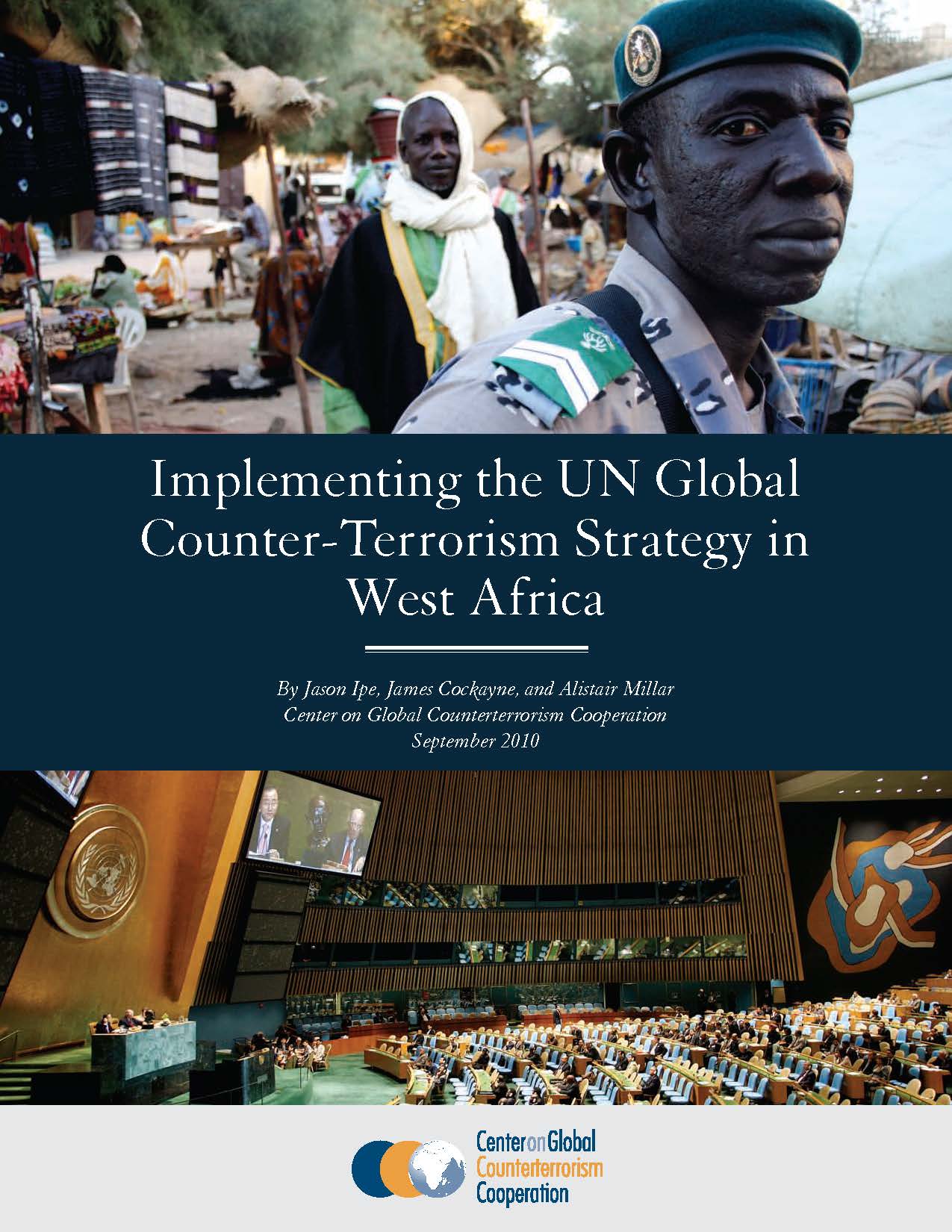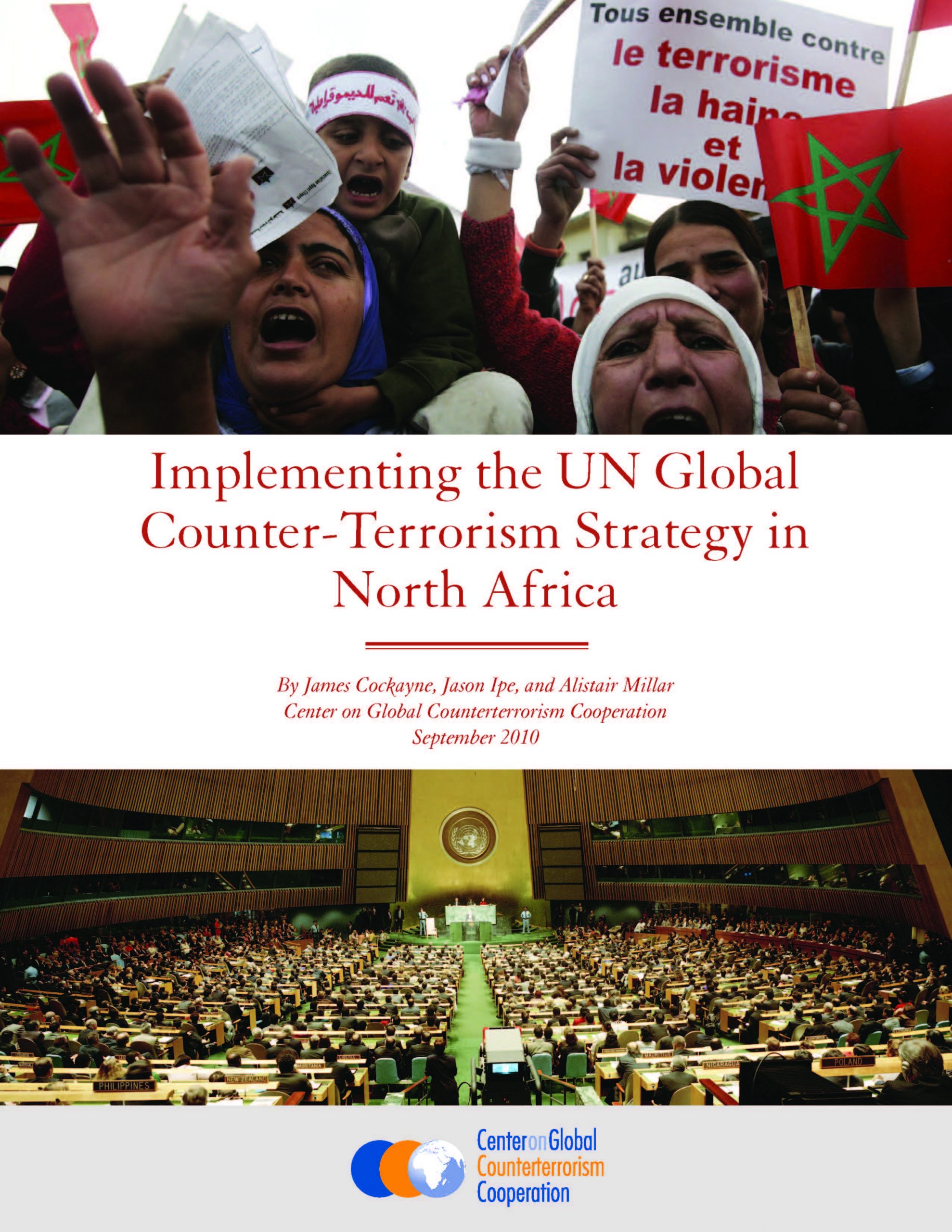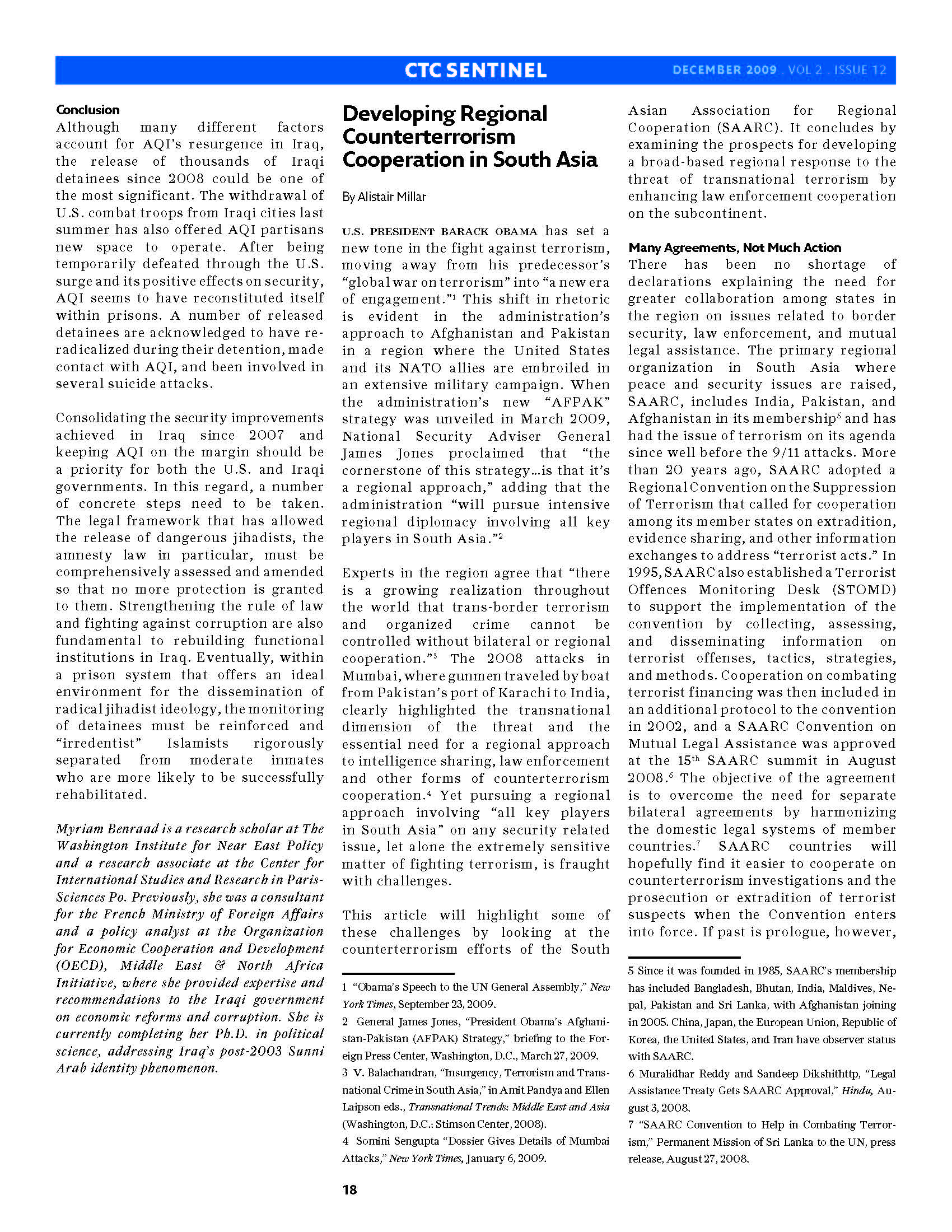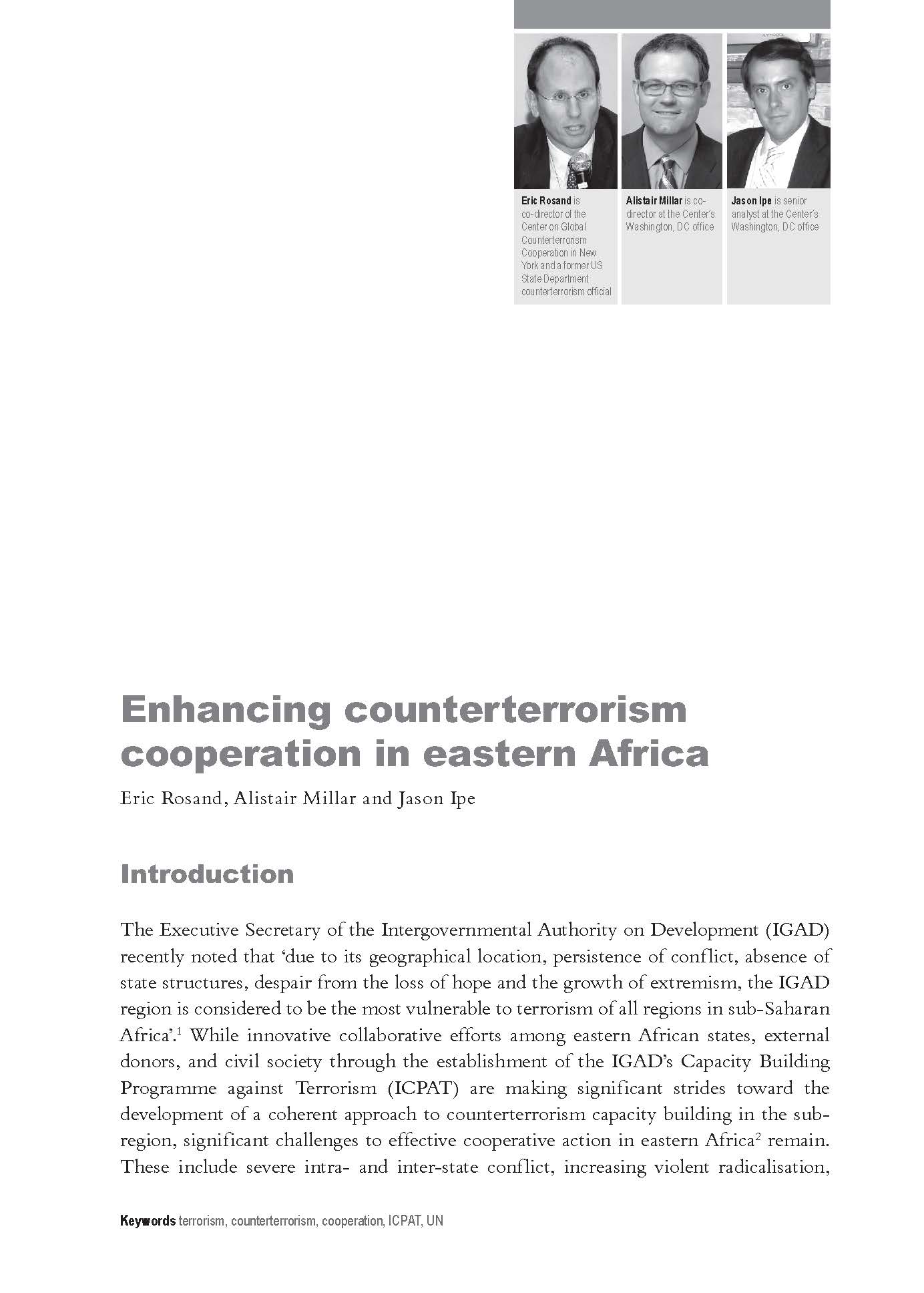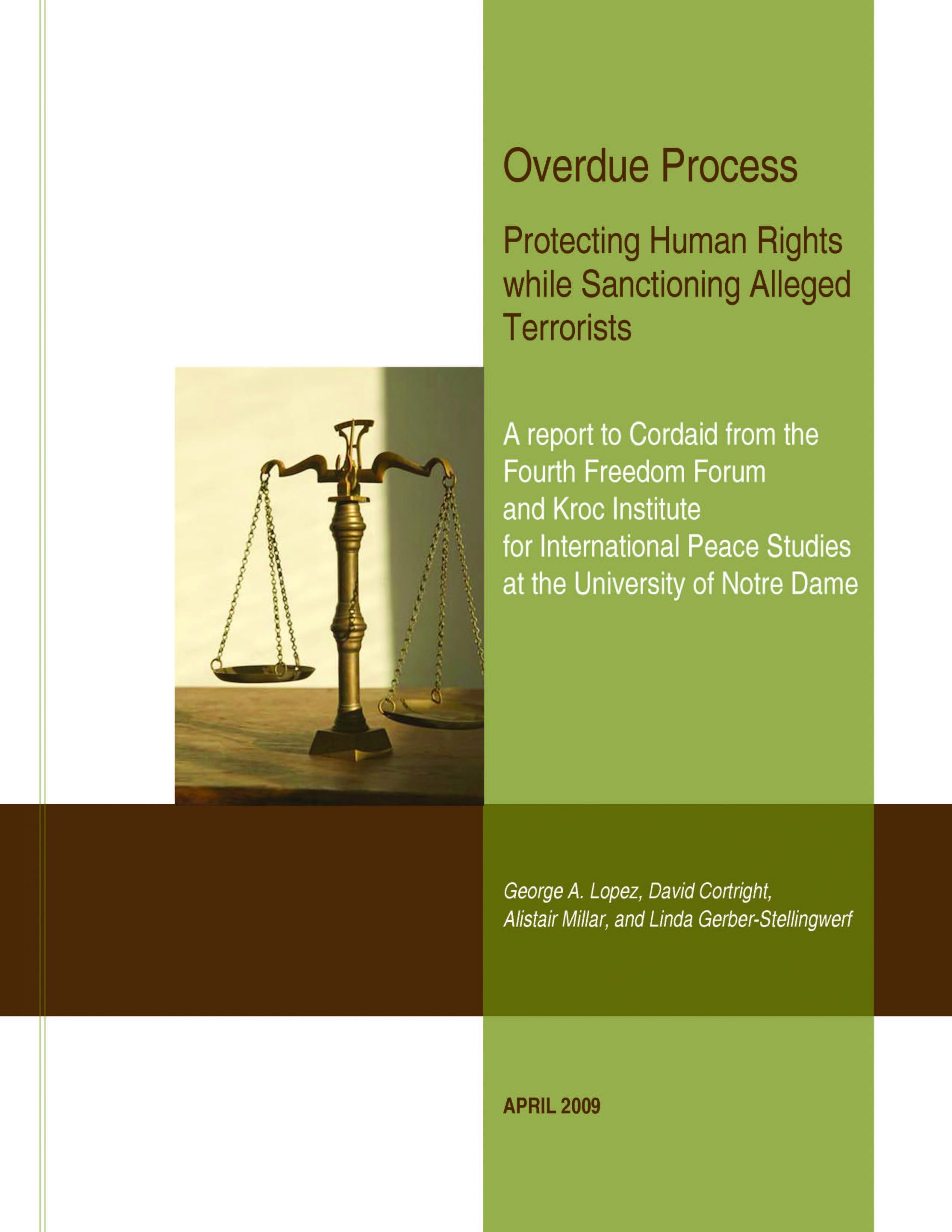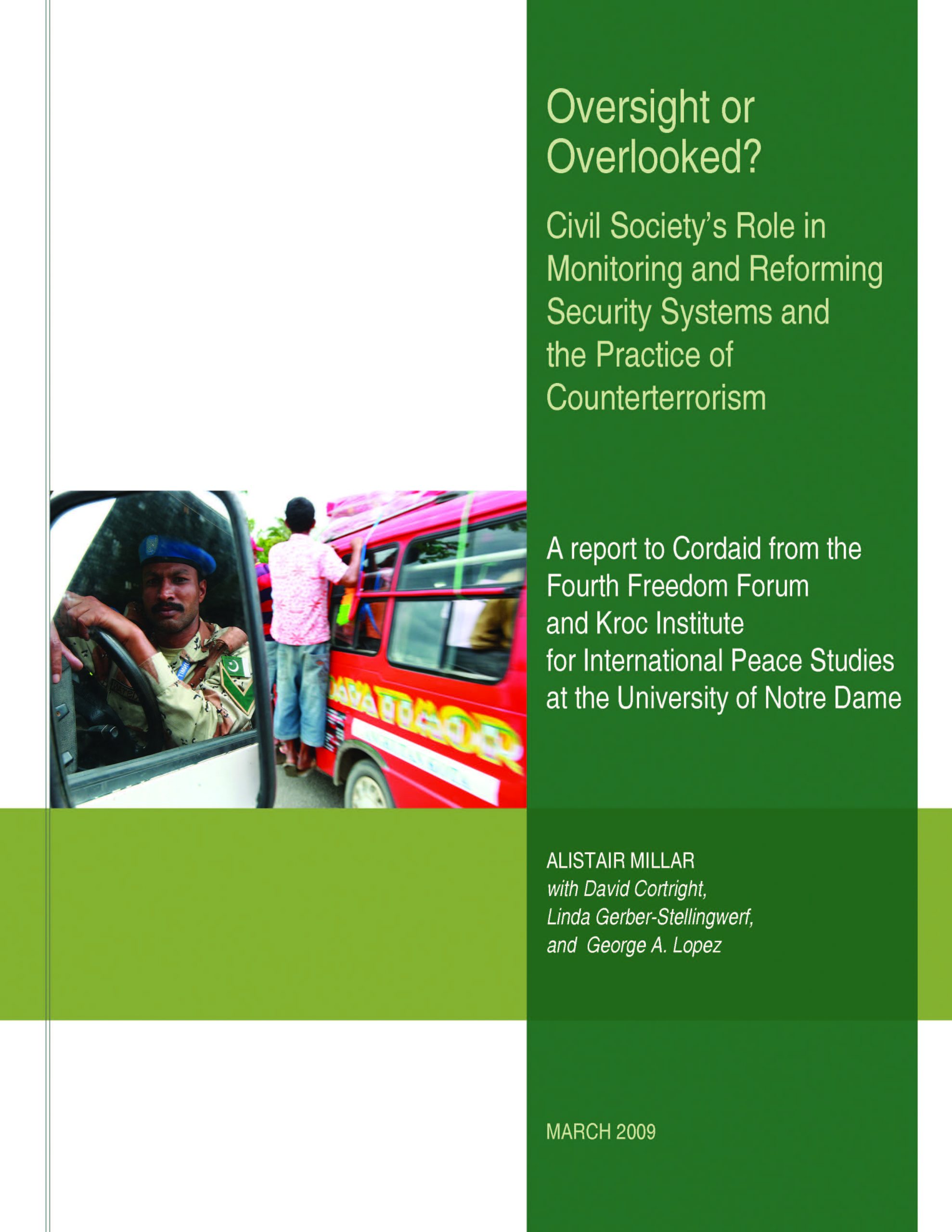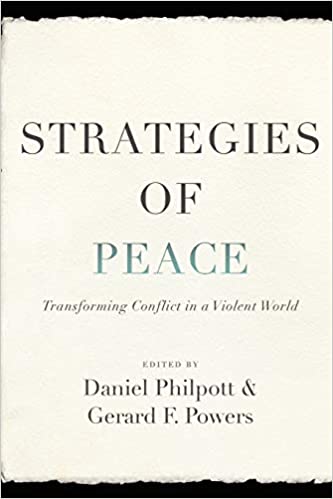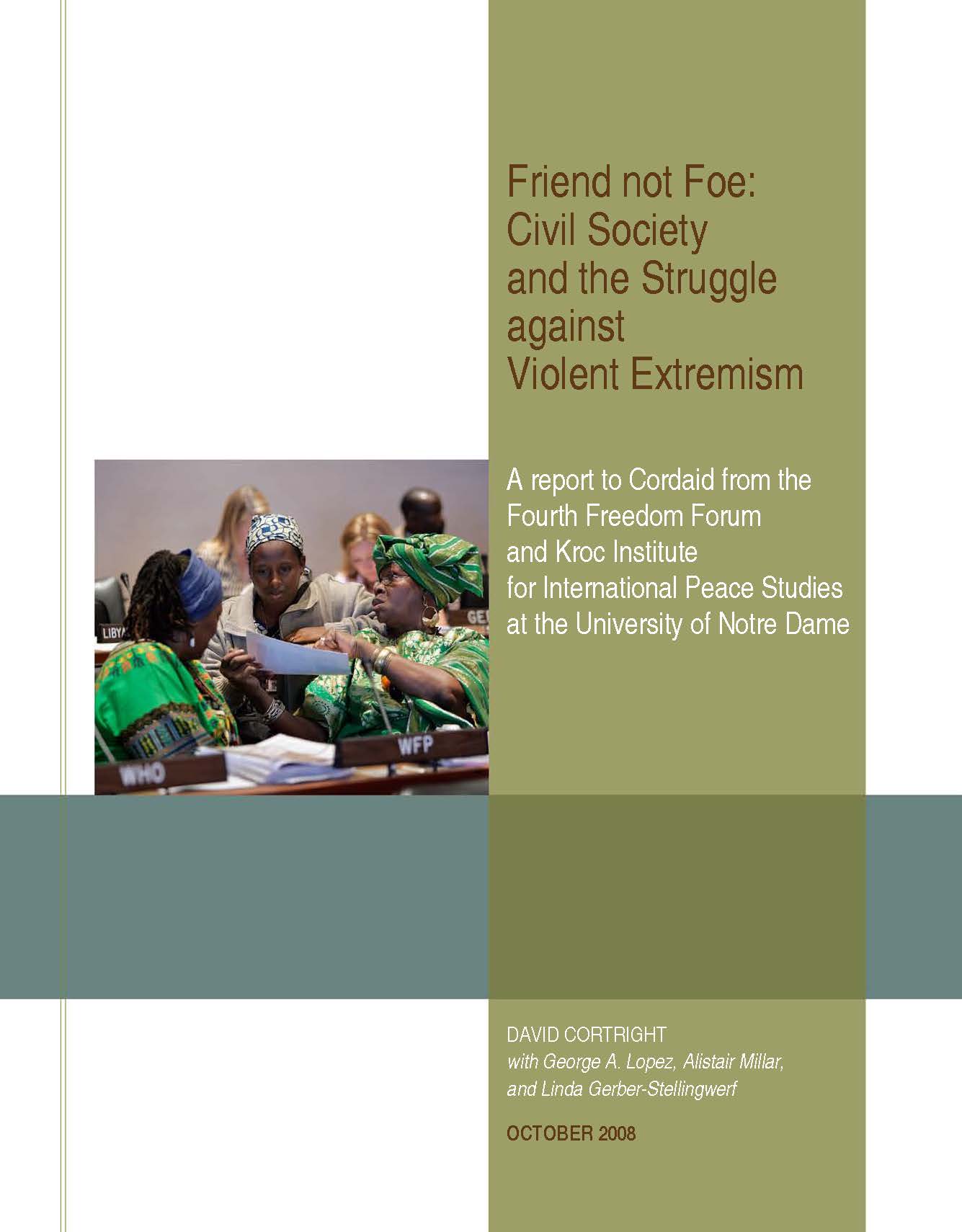An Opportunity for Renewal: Revitalizing the United Nations Counterterrorism Program
Report — September 2010
To help inform the UN General Assembly’s review of the United Nations Global Counter-Terrorism Strategy and the Security Council’s comprehensive consideration of the mandate of the Counter-Terrorism Committee Executive Directorate (CTED), this report details an independent strategic assessment of UN counterterrorism efforts over the two years since the Strategy and CTED were last reviewed.
